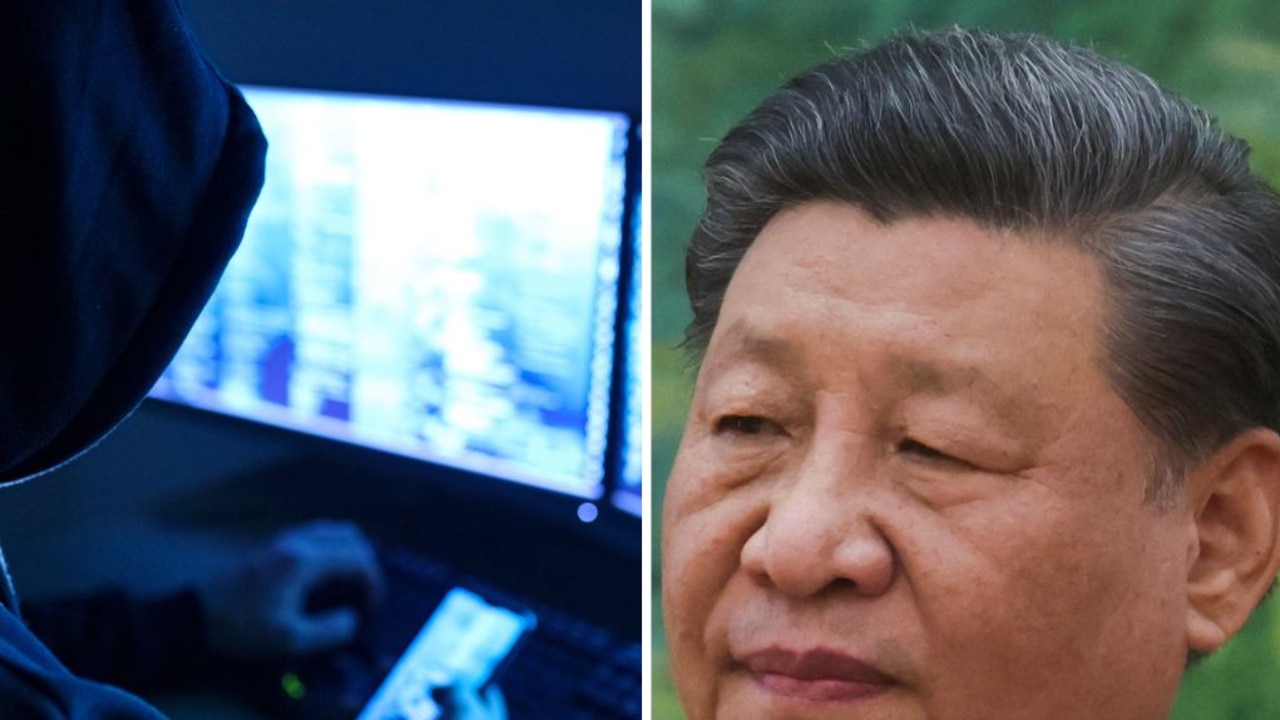[ad_1] China on Friday said it had recently uncovered a US Central Intelligence Agency (CIA) “case of espionage” involving a Chinese national named
[ad_1]
China on Friday said it had recently uncovered a US Central Intelligence Agency (CIA) “case of espionage” involving a Chinese national named Zeng who provided “core secret information” for money.
Beijing has been stepping up efforts to combat spying recently, including implementing a revised anti-espionage law last month that gives authorities more power than ever to punish what they deem to be threats to national security.
“After meticulous investigation, the state security authority obtained evidence of Zeng’s espionage activities and, in accordance with the law, took coercive measures against him to eliminate the harm in a timely manner,” Beijing’s Ministry of State Security said in a statement published online.
Details on Zeng’s punishment were not provided.
The statement said that 52-year-old Zeng had been sent to Italy for studies, where he befriended a CIA agent stationed at the US embassy in Rome.
This individual convinced Zeng to provide “sensitive information on the (Chinese) military” in exchange for “a huge amount of compensation” and assistance for Zeng and his family to move to the United States.
Zeng allegedly signed a contract with the US side and received training before returning to China to conduct the espionage activity.
The case quickly received widespread attention in China, soaring to the top of a list of trending topics on social media site Weibo on Friday morning.
Beijing’s revision of its anti-espionage law has spooked many US businesses with operations in China as relations between the countries continue their downward spiral.
Under the changes, “relying on espionage organisations and their agents” as well as the unauthorised obtaining of “documents, data, materials, and items related to national security and interests” can constitute a spying offence.
The changes “have raised legitimate concerns about conducting certain routine business activities, which now risk being considered espionage”, Craig Allen, president of the US-China Business Council, wrote in a recent blog.
“Confidence in China’s market will suffer further if the law is applied frequently and without a clear, narrow and direct link to activities universally recognised as espionage,” wrote Allen.
[ad_2]
Source link



COMMENTS